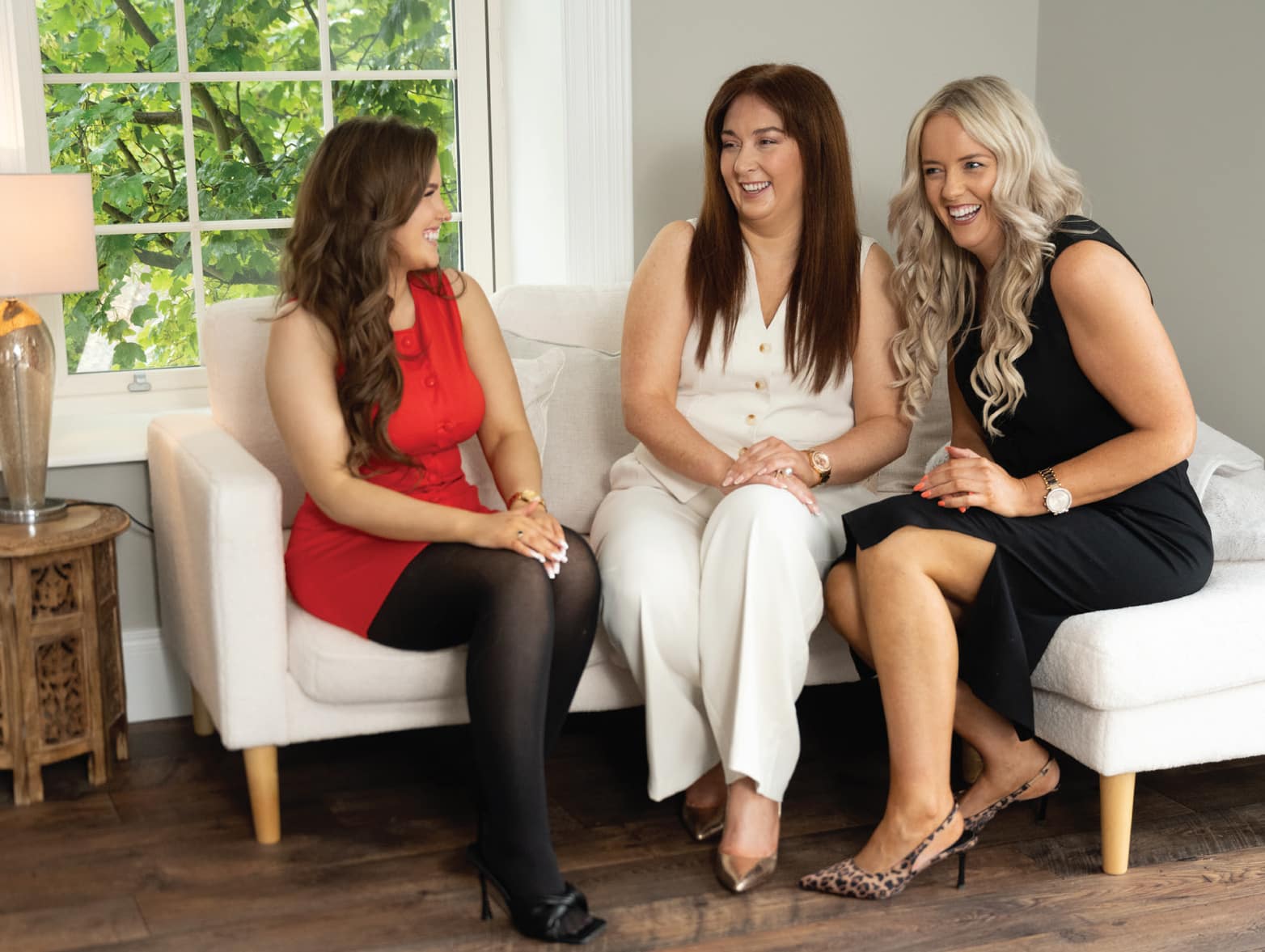What Comes After “I Can’t”

Local Women columnist and Executive Business Coach Joanna Denton on what happens when you stop saying I can’t.
Hey there,
“I can’t.”
Two small words that feel so final, but most of the time, they’re not the truth.
Not really.
Sometimes, they’re code for “You don’t understand my life.”
Other times, they’re a shield we use to protect something more tender.
And sometimes, they’re just what we say when we’ve run out of breath.
I’ve said them myself.
About money. About family. About conversations I didn’t know how to start.
I’ve said them while hiding. I’ve said them while trying to be strong. I’ve said them knowing deep down, I was stalling.
And on the other side of those moments?
Relief. Release. A life that felt a bit more mine again.
Today, I want to talk about what really lives inside “I can’t” – and what becomes possible when we brave enough to look past it.
Here’s what we’re going to explore:
- What “I can’t” is really protecting
- How to tell when it’s not your voice speaking
- What happens when you do the one thing you swore you couldn’t
3 Things to Remember When “I Can’t” is All You Can Say
In order to move forward – beyond the “I can’t” – even just a little – it helps to understand what’s really going on beneath the surface.
1. “I Can’t” Usually Means “Please See Me”
Most of the time, when someone says, “I can’t,” what they really mean is:
“You don’t get my life. You don’t know how hard it’s been.”
There’s frustration, yes. But also, grief.
And exhaustion. And a quiet hope that someone might just stop and see them for a moment.
It’s not laziness. It’s not defeat.
It’s self-protection with a tired face.
And when we realise that – that “I can’t” is rarely the full truth – we can meet ourselves (and each other) with a lot more compassion.
2. That Voice Might Not Be Yours
Many of the beliefs that shape our “I can’t” moments aren’t even ours.
They came from teachers, families, peers.
They were strategies for survival. And they worked – back then.
But decades later, they’ve become cages.
One of the most powerful things we can do is pause and ask:
“Whose voice is this?”
Because when we realise we’ve been living out someone else’s limits…
Well. That changes things. That changes everything.
3. Speak It Out Loud Just Once
Recently, I had to have a conversation with a mentor that I’d been avoiding for five months. Five months of “I can’t say that.”
When I finally spoke it out loud – the tension in my body melted. The conversation was short.
Just a few words, and everything shifted.
Another moment: sitting in a training, on the edge of tears, not wanting to be that person who cries in front of a room.
But when I named it – said it aloud – I could finally breathe again.
Sometimes, it’s not about pushing harder.
It’s about telling the truth just once.
And watching your body exhale.
Journaling prompts to take this deeper:
- Where in your life are you repeating the phrase, “I can’t”?
- What might be just beyond that belief?
- Whose story are you living when you say it?
That’s it for today.
Here’s what you’ve uncovered:
“I can’t” is rarely the full story – it’s a protective layer over pain or fear.
The voice saying it might be inherited – and no longer true.
The body often knows when we’ve done hiding – and it will thank you when you speak.
The invitation?
Take one small action that contradicts an “I can’t” this week.
Say the thing. Book the session. Speak the truth.
Even whispering it to yourself counts.
Joanna Denton – Executive Business Coach
📍 JD Speaking and Strategy Ltd, River House, 48-60 High Street, Belfast, BT1 2BE
📞 +44 (0)7790585297 | ✉️ joanna@joannadenton.com | 🌐










